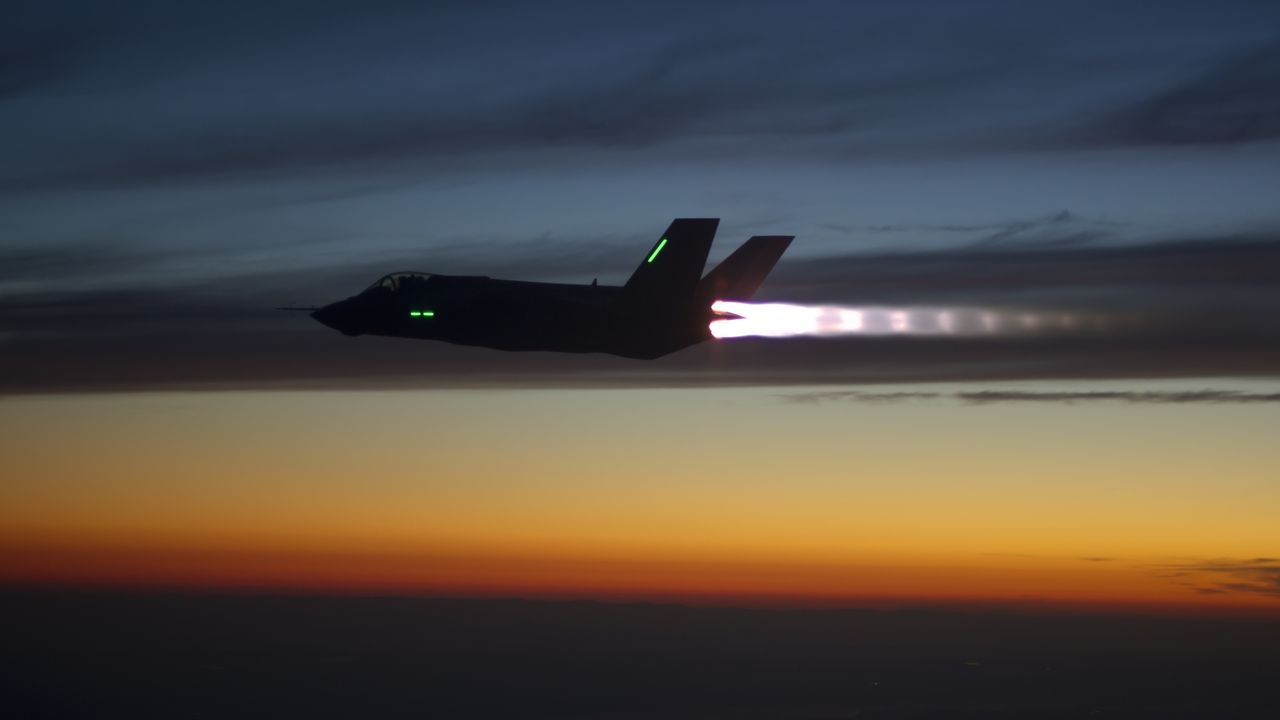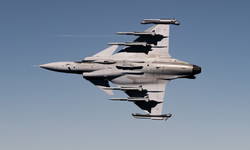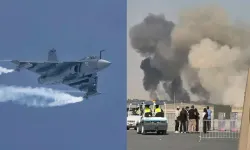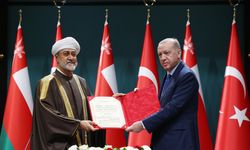A growing dispute over the procurement cost of American-made F-35 fighter jets has triggered political backlash in Switzerland, with lawmakers raising concerns about transparency, contractual obligations, and public trust.
In 2022, Switzerland signed a $7.4 billion agreement with the United States to purchase 36 F-35A fighter aircraft. However, U.S. officials have reportedly asked for additional payments, citing inflation, higher energy and raw material costs, and other global economic pressures.
According to Swiss officials, the request could result in an estimated $1.7 billion increase in costs, despite the deal being presented as a fixed-price contract. The Swiss Defense Ministry maintains that the agreement signed on September 19, 2022, included a fixed price, though it acknowledged the absence of legal enforcement mechanisms, prompting ongoing diplomatic discussions.
Urs Loher, the head of Armasuisse, Switzerland’s federal procurement office, emphasized the importance of contractual commitments: “A contract is a contract. With the procurement of the F-35A fighter aircraft, we’re suddenly faced with a different reality, despite a clear fixed price.”
Swiss parliamentarians from across the political spectrum have strongly criticized the U.S. request. Fabian Molina of the Social Democratic Party accused the government of using “lies and deception” to secure public and political support for the purchase. Corina Gredig from the Green Liberal Party warned the Federal Council against yielding to pressure from Washington. The right-leaning Swiss People's Party called the U.S. demand a “cost fiasco” and described it as “shameful.”
The controversy has reignited criticism over the selection process that led to the F-35 deal, particularly over Switzerland’s decision to reject France’s Rafale fighter jets—an option reportedly preferred by Swiss Air Force pilots.
Swiss MP Pierre-Alain Fridez said there were signs of bias during the evaluation process, claiming the criteria had been tailored to favor the U.S. aircraft. He added that the idea of a fixed price was used to justify choosing the more expensive F-35 over its competitors. Fridez called the situation “a true national-level scandal.”
The Swiss National Council’s Audit Committee has announced it will investigate the matter, reviewing relevant documents and seeking expert input regarding the procurement terms.
Public opposition to the deal also appears to be mounting. A recent poll conducted in April by Leewas, a public opinion research firm, found that nearly two-thirds of Swiss citizens oppose the F-35 acquisition. In addition, more than 42,500 people have signed a petition organized by the "Stop the F-35 Alliance," calling for the purchase to be blocked.
Back in 2022, over 100,000 signatures had already been collected to force a referendum on the matter. However, the Defense Ministry prevented the vote, citing the urgency of meeting contractual deadlines with the U.S.
As political and public scrutiny continues to grow, Switzerland’s multibillion-dollar fighter jet deal faces an uncertain future, with officials warning that the procurement could be canceled if a resolution is not found.









